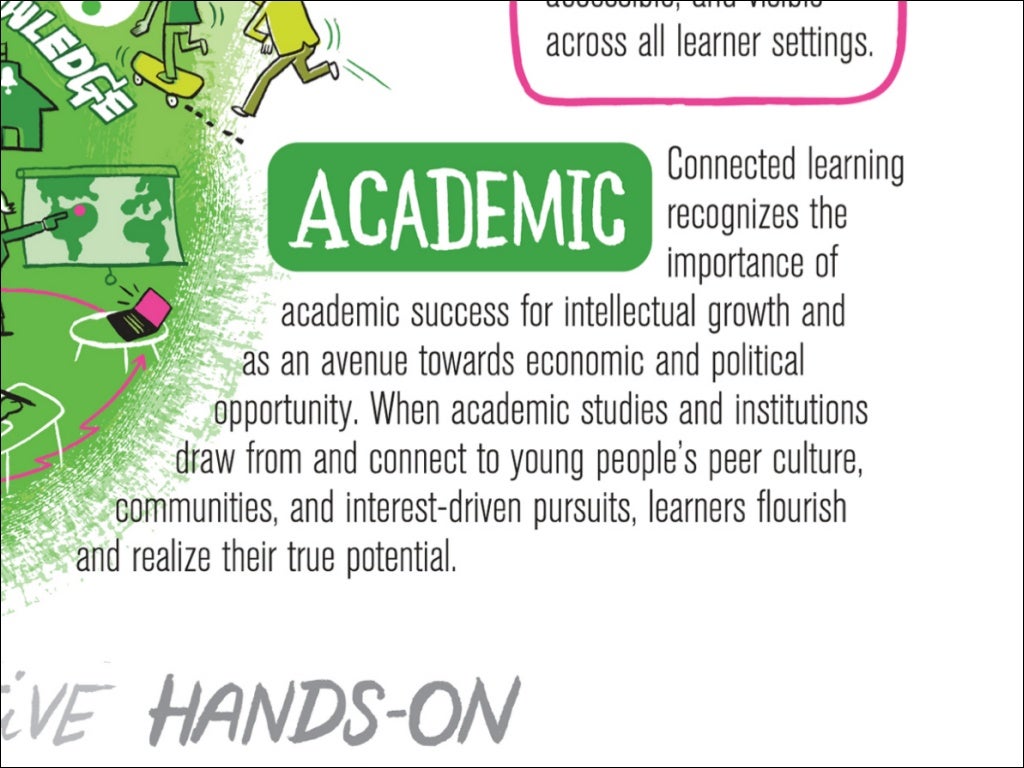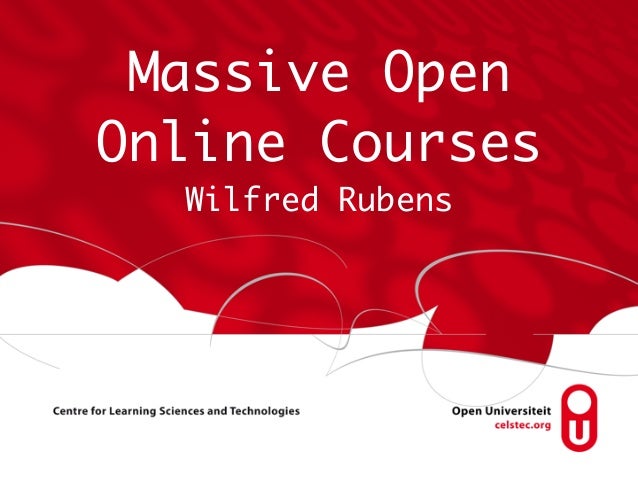
By watching the videos at home beforehand, students can begin class meetings at a higher entry level, have more interactive and fun sessions, and accomplish more ambitious learning objectives. These students are first asked to watch the video lectures online, and subsequently to attend class meetings in which they can receive further explanation, ask questions, engage in discussions and reflections with each other, and do hands-on exercises.
MASSIVE OPEN ONLINE COURSES OFFLINE
In addition, we use the video lectures as a way to prepare PhD candidates who do have the possibility to attend our regular courses offline about QCA and MLM. This is why and how this format makes our education more flexible: our PhD students can attend the MOOCs by watching video lectures and doing exercises online from anywhere in the world at any time convenient for them. A lecturer and class room activities are not required. Learners can do exercises and test their knowledge by themselves with the help of self-assessment tools and in contact with an online community of learners on. The video lectures for the MOOCs can be attended by students autonomously. The MOOC on MLM was launched in June of 2021 and can be accessed here. The MOOC on QCA was launched beginning 2019 and can be accessed here. Thus far, we developed two MOOCs about two innovative methods: Qualitative Comparative Analysis (QCA) and Multilevel Modelling (MLM). These videos are placed on in the form of a Massive Open Online Course (MOOC). Teaching obligations, fieldwork abroad and other activities and circumstances might make it difficult for PhD candidates to attend courses at specific times and locations.įor this reason, we have aimed to make our offer of courses more flexible by offering video lectures online.

However, for practical reasons, PhD candidates are not always able to attend our courses. Visual exploration of scientific literature with VOSviewerĪs the EGSH we organise a wide range of courses for our PhD candidates.SICSS-ODISSEI Summer School on Computational Social Science.Share your work via the Open Science Framework.Self-presentation: focus, structure, interaction and visualisation.Safety and security for fieldwork research.Responsible research data management (RDM).Quantitative and qualitative text analysis with MATLAB.Qualitative data analysis with Grounded Theory.Qualitative coding and analysis of textual data with ATLAS.ti.Professionalism and integrity in research.Philosophy of the Humanities and Social Sciences.
MASSIVE OPEN ONLINE COURSES HOW TO
Mixed method research: how to combine diverse quantitative and qualitative methods.Maximise your visibility as a researcher.Making your research proposal work for you.Making your research count: impact in times of information overload.Making your research count: impact in times of information overload (2022-2023).


Large-scale register data for quantitative social research.English academic writing for PhD candidates.Digital research methods for textual data.Data carpentry for social sciences and humanities.Communicating your research: lessons from Bitescience.Bounce back: handling the mental and emotional challenges of doing a PhD.Action-oriented research for social change.


 0 kommentar(er)
0 kommentar(er)
